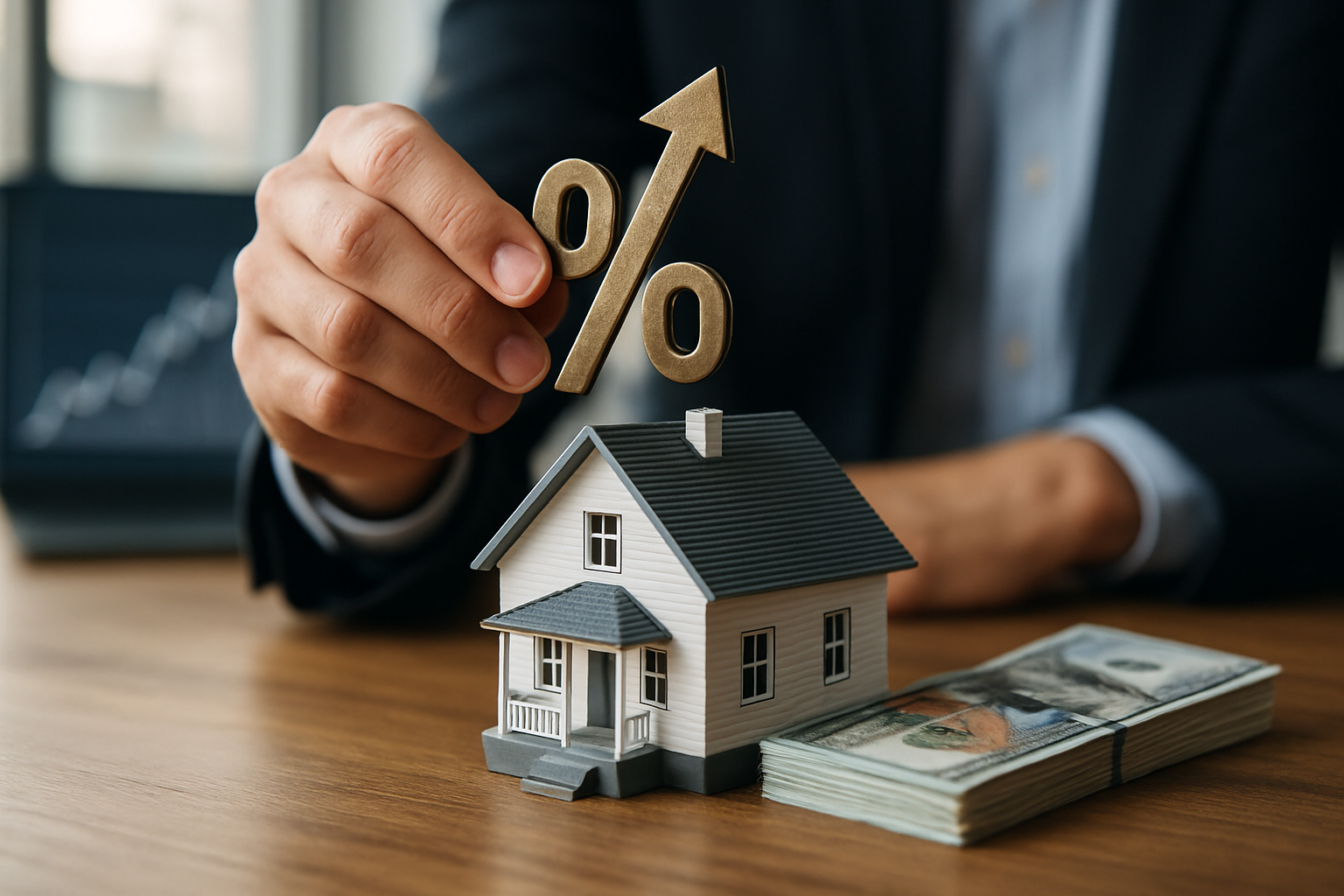Get a Fast Estimate of Your Home’s Value
Determining your home's value quickly and accurately is crucial for various financial decisions, from refinancing to selling your property. With the rise of online tools and digital real estate services, getting a fast estimate of your home's worth has become more accessible than ever. This article will guide you through the process of obtaining a reliable home value estimate, exploring different methods and tools available to homeowners.

How do online home value estimators work?
Online home value estimators, often referred to as Automated Valuation Models (AVMs), use complex algorithms and vast amounts of data to provide quick estimates of property values. These tools typically consider factors such as recent sales of comparable properties, tax assessments, property characteristics, and local market trends. While not as precise as a professional appraisal, these estimators can give you a ballpark figure of your home’s worth within minutes.
To use an online estimator, you’ll usually need to input your property’s address and some basic information about your home. The tool then analyzes available data and provides an estimated value range. It’s important to remember that these estimates are just starting points and may not account for recent renovations or unique features of your property.
What factors influence your home’s value?
Understanding the factors that affect your home’s value can help you interpret online estimates more effectively. Some key elements include:
-
Location: Neighborhood desirability, school districts, and proximity to amenities
-
Property size and layout: Square footage, number of bedrooms and bathrooms
-
Age and condition: Overall maintenance and any recent upgrades or renovations
-
Local market conditions: Supply and demand in your area, interest rates
-
Comparable sales: Recent sale prices of similar homes in your neighborhood
These factors can significantly impact your property’s value, and not all online estimators may account for them equally. That’s why it’s essential to use multiple sources when checking your house price.
How accurate are online home value estimates?
While online estimators have improved significantly in recent years, their accuracy can vary. Most reputable estimators claim a median error rate of 2-6%, meaning their estimates are within that percentage of the actual sale price for about half of the homes they evaluate. However, for individual properties, especially those with unique features or in less active markets, the error rate can be higher.
To get a more reliable estimate, it’s advisable to:
-
Check multiple online estimators
-
Compare results with recent sales of similar properties in your area
-
Consider any recent improvements or changes to your home that may not be reflected in public records
-
Consult with a local real estate agent for a more personalized evaluation
Remember that online estimates are just one tool in determining your home’s value. For major financial decisions, a professional appraisal is often the most accurate method.
What are some popular tools to check my house price?
Several online platforms offer free home value estimates. Here’s a comparison of some popular options:
| Tool | Provider | Key Features | Accuracy Claim |
|---|---|---|---|
| Zestimate | Zillow | Covers most U.S. homes, frequent updates | Median error rate of 1.9% for on-market homes |
| Home Value Estimator | Redfin | Uses MLS data, offers instant updates | Median error rate of 2.06% for on-market homes |
| RealEstimate | Realtor.com | Provides multiple estimates from different sources | Varies by source |
| True Cost | Trulia | Includes crime and school data in estimates | Not publicly disclosed |
| Home Value Estimator | Chase | Offers refinance options alongside estimates | Not publicly disclosed |
Prices, rates, or cost estimates mentioned in this article are based on the latest available information but may change over time. Independent research is advised before making financial decisions.
How can I improve the accuracy of my home value estimate?
To get a more precise estimate of your home’s worth, consider these steps:
-
Update your home’s information: Ensure that online listings have accurate details about your property, including recent renovations or improvements.
-
Research comparable sales: Look for recent sales of similar homes in your neighborhood to gauge the local market.
-
Consider a Comparative Market Analysis (CMA): Many real estate agents offer free CMAs, which provide a more detailed analysis of your home’s value based on local market data.
-
Get a professional appraisal: For the most accurate valuation, especially for unique properties, a professional appraisal is the gold standard.
-
Monitor market trends: Keep an eye on local real estate market conditions, as they can significantly impact your home’s value over time.
By combining online estimates with these additional steps, you can gain a more comprehensive understanding of your home’s current market value.
Determining your home’s value is an essential step in many financial decisions. While online estimators offer a convenient starting point, it’s crucial to remember that they provide estimates, not definitive values. For the most accurate assessment, especially when making significant financial decisions, consider consulting with local real estate professionals or obtaining a professional appraisal. By using a combination of online tools and expert advice, you can confidently navigate the process of determining your home’s true worth in today’s dynamic real estate market.




